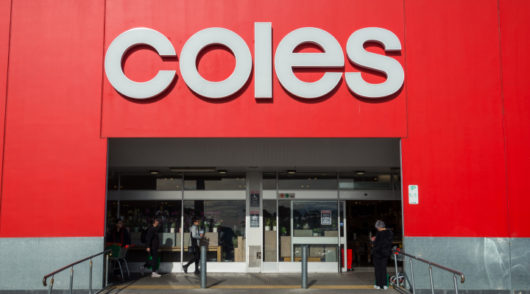
A year after posting its first annual profit of $1.1 million in FY19, online furniture retailer Temple & Webster delivered another strong showing in FY20 off the back of rapid e-commerce growth.
And much of its success is pinned on the fact that, according to chief executive Mark Coulter, the business is tailored to that burgeoning online space.
“As much as we’re a retailer, we’re an online retailer as well. And with that we want to differentiate ourselves, we want to make sure we’re leaders in online retail,” Coulter told Inside Retail.
Part of what drives Temple & Webster its large range and position as a category specialist, but part of what will drive the business in the next few years will be an increasing investment into technology.
During the its recent completion of a $40 million institutional placement, Temple & Webster teased it had begun investing in a tech startup focusing on AI and that it would be bringing the startup’s technology to Australia.
This investment seems to be coming to fruition, with Temple & Webster showing an upcoming feature to investors – AI generated room idea collections.
The idea is to bring together several products from across Temple & Webster’s product range into curated ‘room ideas’, so that customers can see items that would work well together in various configurations.
“Really, what they’re trying to do is to make shopping for your home easy, to make interior design easy, using technology,” Coulter said.
“Shopping for furniture is a hard purchase, and it scares a lot of people. So if you can use technology to show what products work well together, to give you a sense of either a room or a mood board, to help make sense of that – then that’s great.”
Test and learn, test and learn
Alongside this feature will be the pilot launch of Temple & Websters mobile app – an experiment to see how customers will take to a more curated and editorially-driven shopping experience.
Driven by high-resolution imagery and a more personalised approach to a curated homepage, Coulter expects the app should drive higher conversion rates, repeat purchases and engagement.
“We’re hoping that if you’ve gone to the trouble of downloading an app on your phone, you’re probably going to be more loyal to the brand,” Coulter said.
“[But], we’ll test and learn, and test and learn, and see what happens.
“What we’re doing now is ensuring the customer that is shopping with us, potentially for the first time in the category, experiences the benefits of the online channel.”
And, in the last year, Temple & Webster has seen a lot more of these first-time online shoppers. Active customers grew 77 per cent in FY20 – a result of nationwide lockdown restrictions causing customers, and potential customers, to want to rethink their living and home office spaces.
But this trend is largely over, Coulter said, with the category mix of sales returning to a more regular combination of bed, dining and living.
“It indicates to me that people are now using online to continue furnishing their home, as opposed to it being the go-to mode as a result of the lockdown,” Coulter said.





